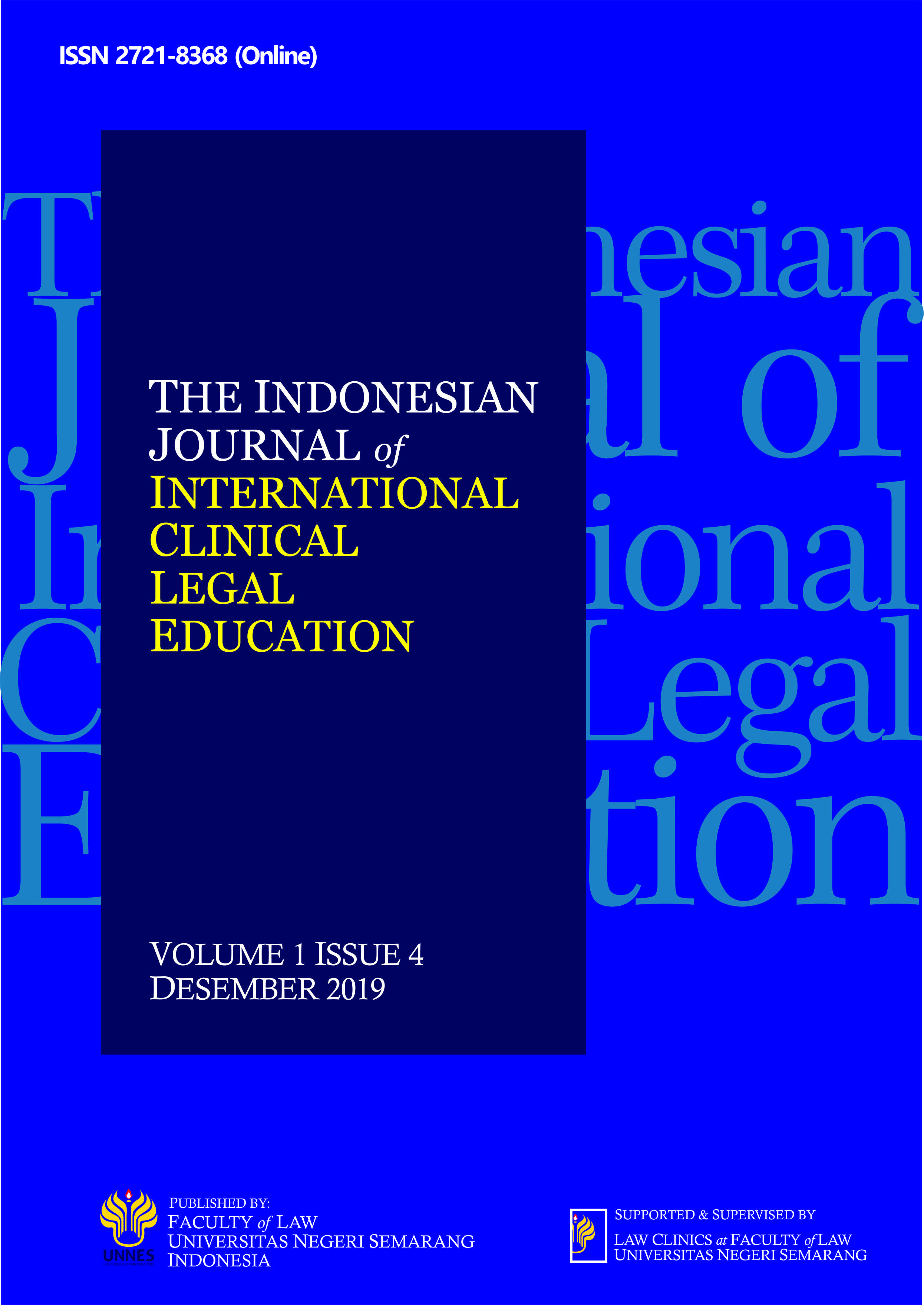Legal Assistance for the Poor in Rokan Hulu District of Riau Province
Main Article Content
Abstract
The emergence of Law No. 16 of 2011 on legal aid is expected to realize
the right society in obtaining justice. Empirically, it is known that the
law is enjoyed by many people who has the ability to pay a lawyer or
advocate only. While the poor or who are not able to tend to resign
with the circumstances, so that the term appears that we often hear, the
blunt law upward, sharp down. In Rokan Hulu district of Riau Province
the district government together with the DPRD welcomed The law
immediately drew up local regulations on legal aid for the poor. It is
stated in the rules of the Regional Regulation Rokan Hulu No. 6 on
legal aid for the poor, but which became constraint is that in the area
still minimal LBH (Legal Aid Institutions) are eligible to give advocacy
for the poor in accordance with the requirements requested by the
government, the Legal Aid Institute who has been accredited by the
Ministry of Law and Human Rights, and accredited by the Ministry of
Justice and Human Rights many conditions must be met so that when
there is a credible Legal Aid Institution in the area want provide legal
assistance to the poor, but cannot be done because of being knocked
by requirements required by the government. The hope is that the
aspirations of our country in realizing the rights of society in obtaining
this justice can be achieved, it needs further arrangements that lead to
it the implementation of legal aid programs for these poor
communities by taking into account the quantity of legal institutions
there are and many conflicts that need to be given advocacy assistance
for these incapable people.
Article Details
The copyrights of the article in Indonesian J. Int'l Clinical Leg. Educ. is on the Author(s), however, before publishing, it is required to obtain written confirmation from Author(s) in order to ensure the originality (Author Statement of Originality). The statement is to be signed by at least one of the authors who have obtained the assent of the co-author(s) where applicable. This work licensed under a Creative Commons Attribution-ShareAlike 4.0 International (CC BY-SA 4.0). All writings published in this journal are personal views of the authors and do not represent the views of this journal and the author's affiliated institutions.
